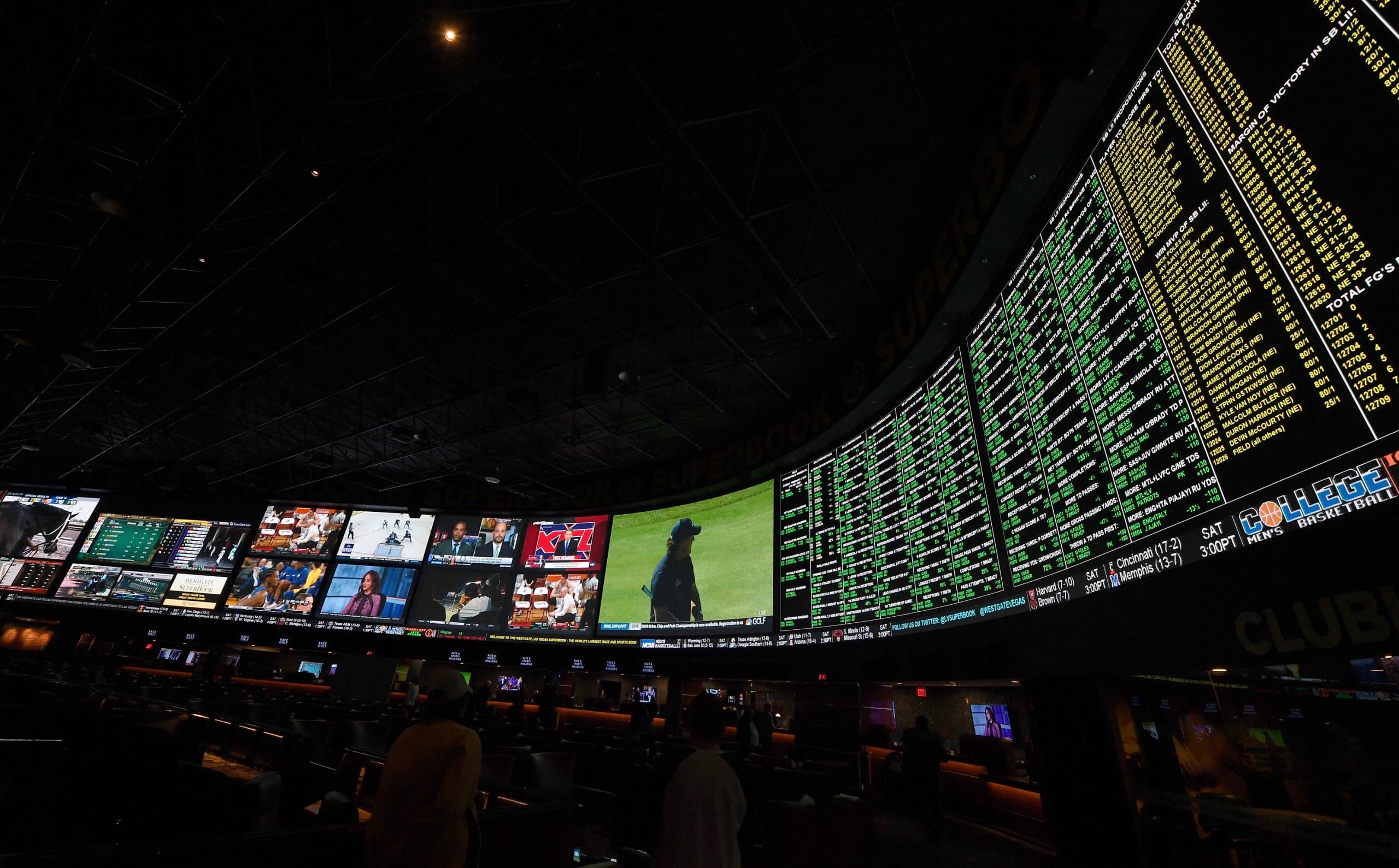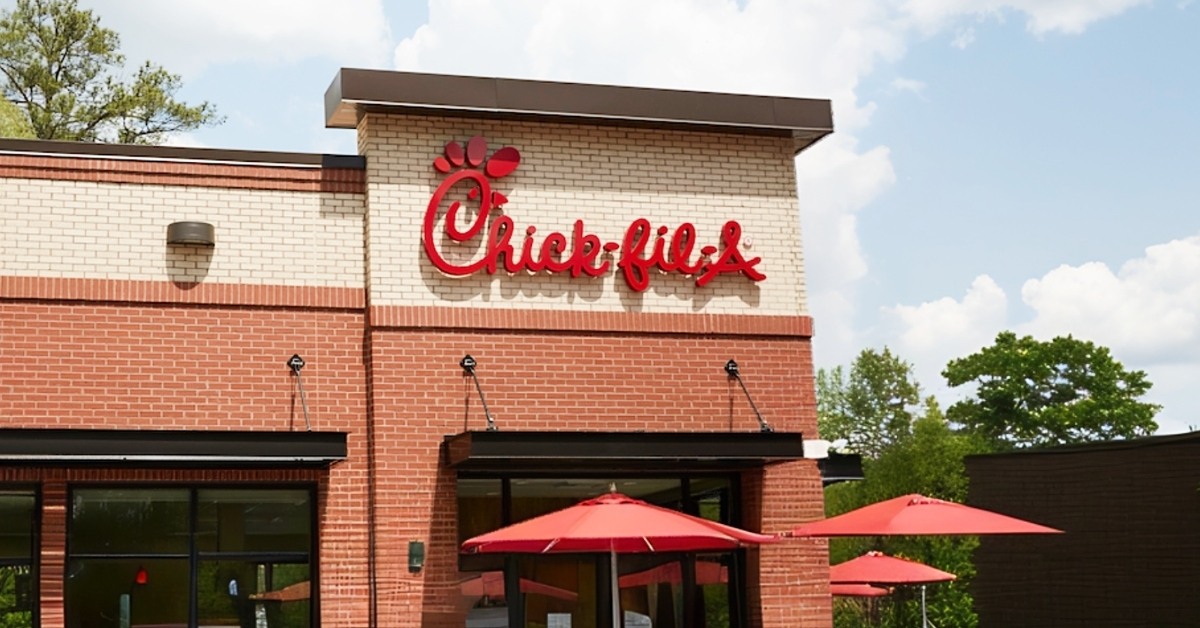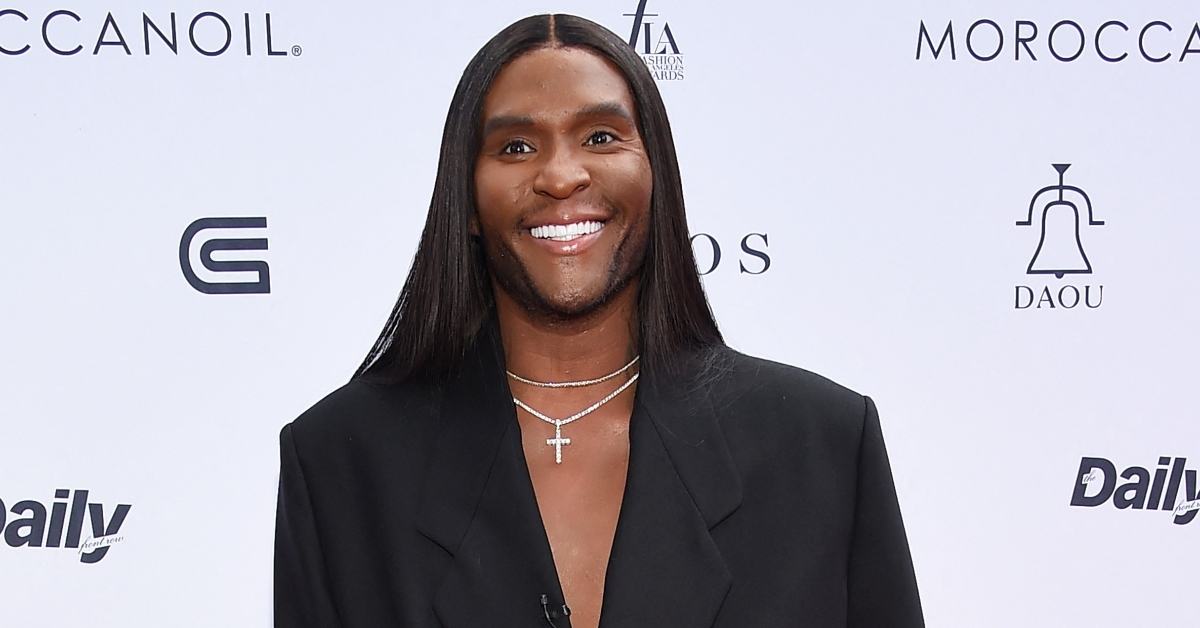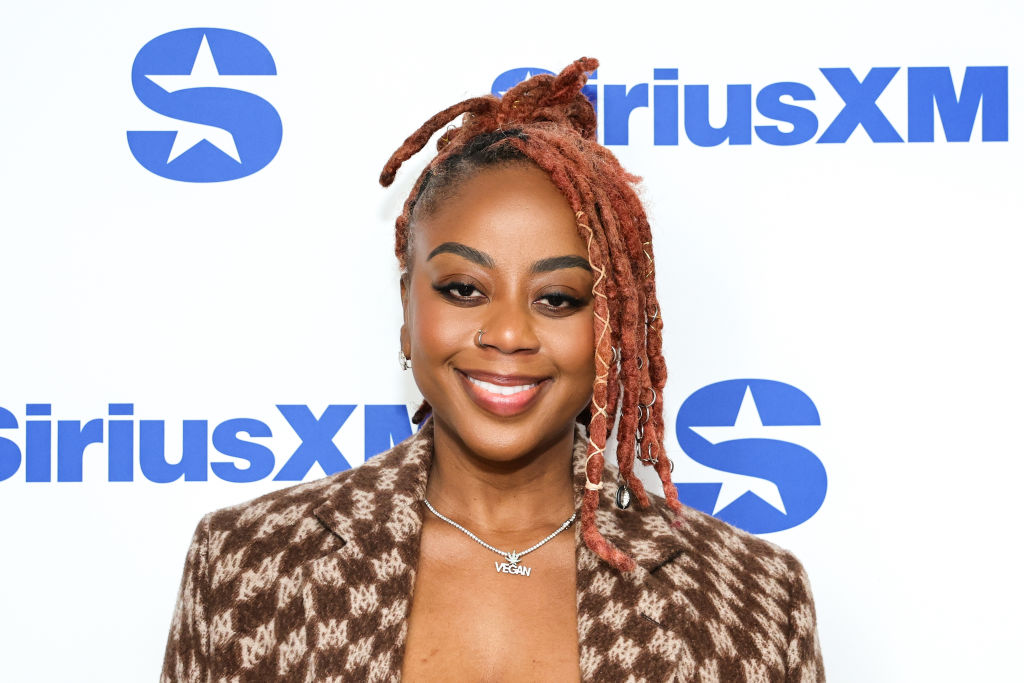NFL gambling suspensions offer a lesson in hypocrisy and overkill
OPINION: Outside of banning NFL players from betting on NFL games, the league's gambling policy is a joke. And the league can’t act all holy and pure while raking in nearly $1.8 billion in sponsorship revenue, the bulk of which comes from gambling. The post NFL gambling suspensions offer a lesson in hypocrisy and overkill appeared first on TheGrio.

OPINION: Outside of banning NFL players from betting on NFL games, the league’s gambling policy is a joke. And the league can’t act all holy and pure while raking in nearly $1.8 billion in sponsorship revenue, the bulk of which comes from gambling.
Editor’s note: The following article is an op-ed, and the views expressed are the author’s own. Read more opinions on theGrio.
Just like that, NFL players Jameson Williams and Stanley Berryhill have absorbed a valuable lesson on progress — so-called and otherwise. They’ve learned that the societal norms on what’s acceptable and what’s punishable can shift, yet remain unchanged. They learned how constant friction can create innocent victims and confused observers, in the flash of an eye.
Previously anonymous wide receivers for the Detroit Lions, Williams and Berryhill found themselves in undesirable news coverage last week, forever linking them to NFL gambling suspensions. Say hello to the Wall of Shame, where inclusion doesn’t have to be warranted.
They didn’t do anything close to what the three other suspended players did, but the general public isn’t great at reading past the headlines. Williams and Berryhill can count on folks to ignore the fine print and miss key distinctions. For that matter, media outlets can be just as careless and sloppy, splattering unrelated individuals with a broad brush of guilt.
“The NFL has made it very clear that gambling on games won’t be tolerated and five different players found that out the hard way on Friday,” reads an April 21 report from CBS Sports. “The NFL has announced that [Williams, Berryhill, Quintez Cephus, C.J. Moore and Shaka Toney] have all been suspended for gambling.”
Being suspended for gambling isn’t necessarily the same as being suspended for gambling on NFL games. But there’s no turning back.
Those five names instantly became infamous, officially joining a list that existed well before the league got in bed with sportsbooks. Welcome back Jacksonville Jaguars wide receiver Calvin Ridley, who was reinstated last month after a one-year suspension for betting on NFL games. Rest in peace to the NFL’s OGs (Original Gamblers), Paul Hornung and Alex Karras, who were slapped with one-year suspensions nearly 60 years to the date.
(Side note: What’s up with Detroit? Karras played there, just like Williams, Berryhill, Cephus and Moore. They comprise half the all-time list of NFL suspensions for gambling. Yes, it’s probably a statistical hiccup, but authorities love investigating odd quirks. The Lions better watch where they scroll.)
“A league review uncovered no evidence indicating any inside information was used or that any game was compromised in any way,” the NFL said in a statement.
That’s reassuring. But here’s the thing: Williams and Berryhill are not guilty of the league’s cardinal sin.
The NFL said Cephus, Moore and Toney of the Washington Commanders were suspended indefinitely for betting on NFL games last season. Only Toney remains employed at this moment, as Detroit immediately released the other two. The suspensions are for the entire 2023 season, at minimum, and the players must apply for reinstatement.
Williams and Berryhill have a right to be upset, lumped in with serious offenders as if they’re all equal. But there’s a huge difference in the infractions, which is reflected in the disparate discipline. Williams and Berryhill are eligible to return this year after missing just six games, not all 17 games.
Because they’re innocent of gambling, at least by current standards.
“It is important to note that Jameson’s violation was not for betting on football but rather due to a technical rule regarding the actual location in which the online bet was placed — and which would otherwise be allowed by the NFL outside of the club’s facility,” Williams’ agency said in a statement last week. “Jameson would never intentionally jeopardize the integrity of the game he loves so much and looks forward to getting back to his team as soon as possible.”
The prospect of dishonest competition was the NFL’s biggest fear as it stiff-armed gambling all the way until the Supreme Court legalized sports betting in 2018. In the league’s view, wagering was the soil that sprouted criminals and brought the threat of invasive weeds like bribery, game-fixing and point-shaving. Picture “The Sopranos” huddling in a “Casino” corner with “Goodfellas.”
Officials had been adamant about the dangers and they consistently backed measures to ban nationwide sports betting. “The NFL cannot be compensated in damages for the harm that sports gambling poses to the goodwill, character and integrity of NFL football,” Commissioner Roger Goodell wrote in a 2012 court document. In 1991, then-commissioner Paul Tagliabue testified to Congress, saying “We should not gamble with our children’s heroes.”
But today’s NFL “heroes” bet as easily and often as mere mortals, using ubiquitous apps from DraftKings and FanDuel or tech from legacy casinos like MGM and Caesars. Ads for gambling sites run on a loop during games, with celebrity endorsers Jamie Foxx and J.B. Smoove offering “free money” (wink-wink) to lure would-be bettors.
As long as they’re not at work, NFL players can wager on any sport except the NFL; all other personnel — including coaches and office workers — are forbidden from any kind of betting. According to the Detroit Free Press, the Lions “previously fired four lower-level staffers in March for violating the league’s gambling policy for employees.”
Outside of banning NFL players from betting on NFL games, the gambling policy is a joke. You mean making non-NFL bets is OK in your bedroom, but they’re taboo at your locker? That’s as ludicrous as prohibiting other NFL personnel from making wagers on any sport anywhere as if that would impinge on the league’s image.
The American Gaming Association estimates that $16 billion in legal and illegal bets was wagered on the last Super Bowl, with a record 50.4 million American adults getting in on the action. The league can’t act all holy and pure while raking in nearly $1.8 billion in sponsorship revenue — the bulk of it from gambling operators. Pearl-clutching isn’t convincing when NFL owners have voted to allow physical sportsbooks in stadiums for in-game betting, and Las Vegas(!) Raiders star Devante Adams is repping MGM.
By all means, keep NFL players from betting on NFL games. But the rest of the league’s gambling is nothing more than hypocritical hypervigilance.
Williams and Berryhill just learned the hard way.

Deron Snyder, from Brooklyn, is an award-winning columnist who lives near D.C. and pledged Alpha at HU-You Know! He’s reaching high, lying low, moving on, pushing off, keeping up, and throwing down. Got it? Get more at blackdoorventures.com/deron.
TheGrio is FREE on your TV via Apple TV, Amazon Fire, Roku, and Android TV. Please download theGrio mobile apps today!
The post NFL gambling suspensions offer a lesson in hypocrisy and overkill appeared first on TheGrio.












